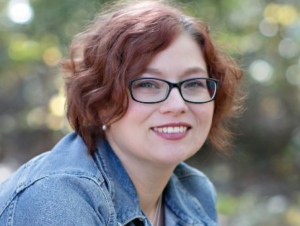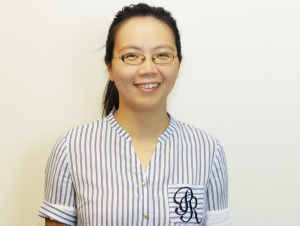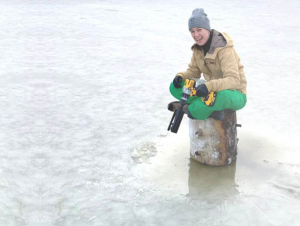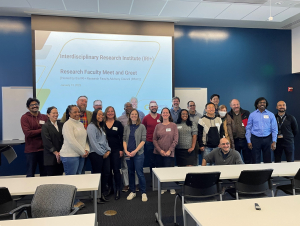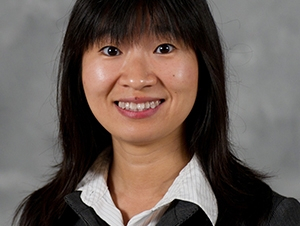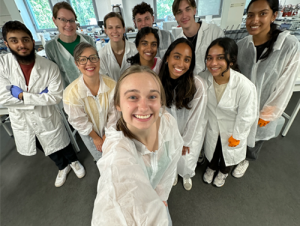To request a media interview, please reach out to experts using the faculty directories for each of our six schools, or contact Jess Hunt-Ralston, College of Sciences communications director. A list of faculty experts is also available to journalists upon request.
Latest News
Holder hopes to boost outreach to K-12 schools in her new role while continuing to serve as associate director of the College of Science’s rapidly growing undergraduate neuroscience program.
Liao's research will dig into how deep learning might be leveraging to make mathematical advances in achieving more efficient modeling techniques. “This project has the potential to drive significant advances in scientific machine learning,” Liao says in her abstract. “The proposed model-reduction methods can be used to analyze large datasets and simulate complex phenomena in physics, biology, and engineering.”
Emmy Hughes, a Ph.D. candidate in the School of Earth and Atmospheric Sciences at Georgia Tech has been selected as a recipient of the Achievement Rewards for College Scientists (ARCS) Scholar Foundation award.
Research faculty at the Georgia Institute of Technology now have their own advocacy group. Since 2022, the Research Faculty Advisory Council (RFAC) has increased research faculty engagement and addressed concerns from researchers in the Interdisciplinary Research Institutes (IRIs), joining similar organizations that address such needs in other colleges.
Nga Lee (Sally) Ng, Love Family Professor with joint appointments in the School of Chemical and Biomolecular Engineering and School of Earth and Atmospheric Sciences, is AGU's 2023 Atmospheric Sciences Ascent Award recipient.
This summer, eight students in the Biomolecular Engineering, Science, and Technology study abroad program in Lyon, France (BEST-Lyon) were able to explore the rich cultural, scientific, and economic history of silk production in the city in an unlikely place: a biology lab.

